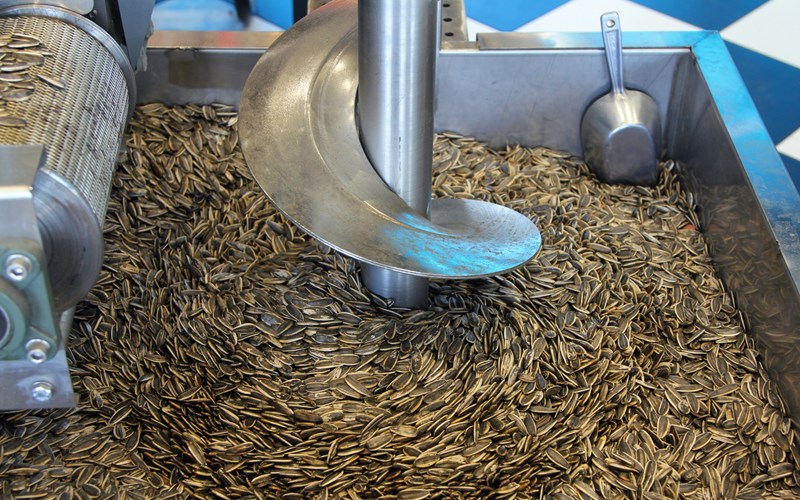For every basket of strawberries, gallon of milk, or any other food item out there, there are typically some form of bearings that helped them get to the grocery store or some other establishment. Bearings play a key role in getting food from raw ingredients to finished products, but it’s critical for businesses in the food processing industry to make sure they have the best possible parts for their specific needs.
BEARING CHALLENGES ASSOCIATED WITH THE FOOD INDUSTRY
Bearings are widely used throughout the different aspects of the food processing market—from preparation to processing and even in packaging and bottling. Companies in this sector start with raw animal, vegetable, or marine materials and transform them into food stuffs or edible products such as dairy, meat, vegetable, bakery, grain, and cereals.
Without proper bearings, some food processing companies wouldn’t be able to succeed. For example, Paramount Citrus Packing Company’s 640,000-sq.ft. facility is almost fully automated and operates up to 20 hours per day, six days a week during peak season. During this process, the company uses a variety of bearing types, including needle roller bearings. for several critical applications that route, grade, pack, and palletize tens of millions of boxes of clementines each year. Without the right bearings, the company could suffer from lost production due to improper or even broken parts.
As the demand for these products grow, so will your need for bearings – both in terms of quantity and quality. Of course, there are certain challenges that can make some bearings less optimal for food processing than others. These challenges include:
- High pressure wash downs (and associated chemicals)
- High humidity
- Low and high temperatures depending on the process
- Presence of food and beverage that can contaminate or clog bearings
- Instances where bearings can contaminate products without proper part selection
- FDA restrictions
Each of these issues can impact your process in a different way. Moisture and chemicals can cause parts to corrode over time, which can lead to costly unplanned downtime and force you to order new parts earlier than expected. Certain bearings aren’t designed to operate are extreme temperatures. Parts without shields or the wrong lubrication can cause the parts to fail or even ruin food products. All or these are serious issues, but they can all be avoided with careful bearing selection.
FIND THE RIGHT BEARINGS FOR YOUR FOOD PROCESSING APPLICATIONS
If you’re involved in the food processing industry, you know it’s important to maintain your equipment so you can reduce any potential downtime. However, that’s not necessarily easy to do if you don’t have access to the right parts for the job.
Ritbearing offers many high-quality bearings that meet FDA requirements for the food processing industry. Our experts can work with you to determine potential solutions that work with your performance and budgetary requirements. These include:
- Stainless steel and plastic bearings that resist corrosion and resist chemicals
- Protective shields to keep matter out of your parts
- Food-grade lubricants that meet FDA standards
In addition to those features, we can also help you identify which type of bearing is best suited for your needs, whether it’s a regularly available part or if you need a custom bearing designed for your food and beverage applications. Contact us today to have our team help you find the right bearings for your needs.
